
About 95% of people suffering from Down syndrome suffer from a single type of this illness. Namely, out of three main types of Down syndrome Trisomy 21 is the most common one. This variant of Down syndrome takes place due to an anomaly happening during cell division, either before or at the time of conception. Basically, the 21st pair of chromosomes of either the egg or the sperm do not separate in an adequate manner. This results in a faulty chromosome located in every body cell leading to this condition.
Other Types of Down Syndrome
Around 2% of all Down syndrome patients suffer from Mosaicism. This type of this condition appears once the faulty chromosome separation happens after the fertilization process. As a result, the fetus has 46 chromosomes in some cells while, at the same time, having 47 in others. This leads to many problems in physical development.
Finally, translocation affects about 4% of babies with Down syndrome. Here, a part of the 21st chromosome detaches itself from the rest of it, connecting to a different chromosome, usually being the number 14. This type of Down syndrome is commonly connected to one of the parents carrying a faulty chromosome.
Speech Therapy for Down Syndrome
Speech and language skills are usually affected negatively in people with Down syndrome. These people commonly learn language later than the other individuals. Children with Down syndrome usually need time to understand the things they hear, before they can react with an appropriate facial expression or an answer. Many children with this condition are not capable of talking until a certain point in their lives. Nevertheless, they can understand verbal inputs and respond with appropriate gestures.
Before any speech therapy for Down syndrome is possible, an affected child needs to undergo medical diagnosis of the severity of his/her condition. After this is done, the child may attend specially designed school classes, modified according to his/her needs. The focus is placed on gross and fine motor skills, since these are crucial for any other linguistic stages of development.
Parents and the rest of the family should know that a weakly therapy treatment for this sort of problem is not enough for their child/relative. Rather, these children need all the help and support they can get during their language acquisition period. Speech games, interactive language learning DVDs or computer programs, as well as many other solutions may be adequate for these purposes. Your efforts, combined with professional assistance your child is receiving, can make all the difference when it comes to successful language learning of a person suffering from Down syndrome.










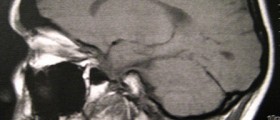

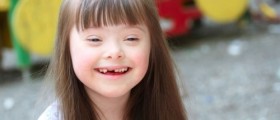
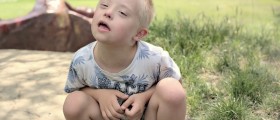
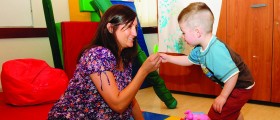
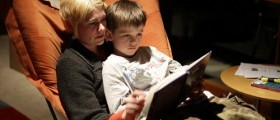

Your thoughts on this
Loading...